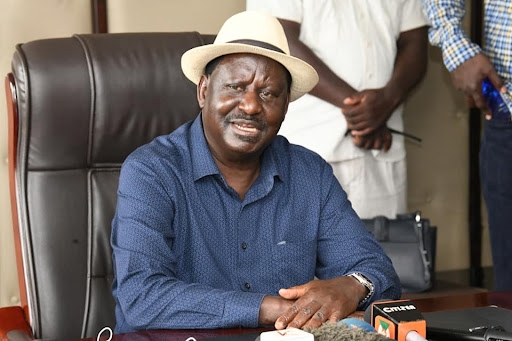Journalists from Laikipia county have been trained in reporting on violent extremism.
The one-day event was conducted by officials from the National Counter-Terrorism Centre in Nanyuki town on Saturday. It brought together 25 media practitioners from the region and several online influencers.
The Saturday training was the culmination of the Laikipia County Engagement Forum. It aimed at preventing and countering violent extremism and sought to inform the scribes and bloggers of the sensitivity of reporting on terrorism-related attacks.
Foundation For Dialogue—the lead agency in mainstreaming anti-terror sensitisation in the county, through its director Michael Mugo—said the training was necessitated by the fact the there was evidence that terrorists can use the media to amplify their terror activities.
"There was a need for journalists to be part of the war on fighting terrorism in the country and therefore the need in countering terror narratives," Mugo said.
The organisation seeks to ensure journalists are responsible when reporting on terrorism and not seem to glorify terror acts so that the media also plays a crucial part in the anti-terror war.
The participants were informed that Kenya has had more than 200 terror incidents since 1980, hence the need to be proactive in eliminating any threats by sensitising the public to be on the lookout for any possible attacks, recruitment into terror organisations, and terrorism financing.
Mugo said terrorism has metamorphosed from the 1980s and 1990s when foreigners were involved to the current situation where radicalised locals are the combatants.
“Terrorism in Kenya has evolved from being a foreign component to local participation, hence the need to be proactive as the violent extremists are not fixated on one place,” Mugo added.












